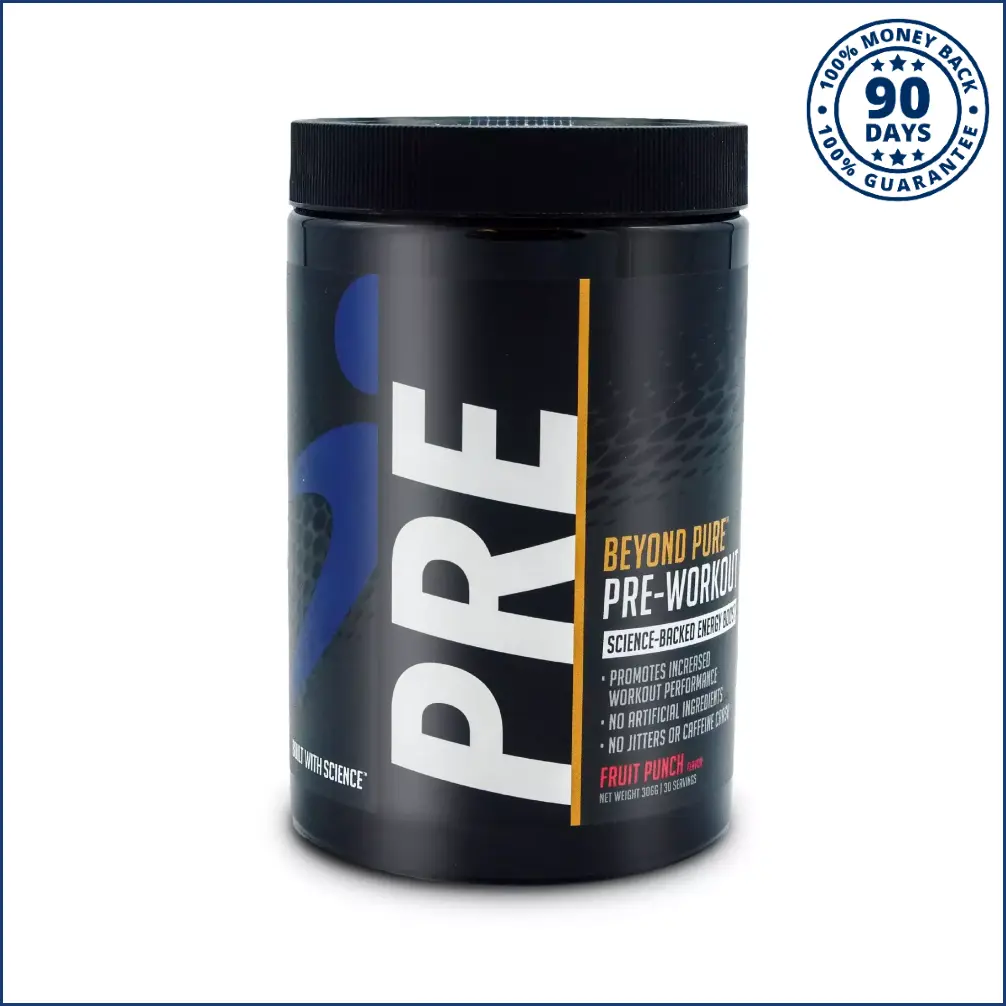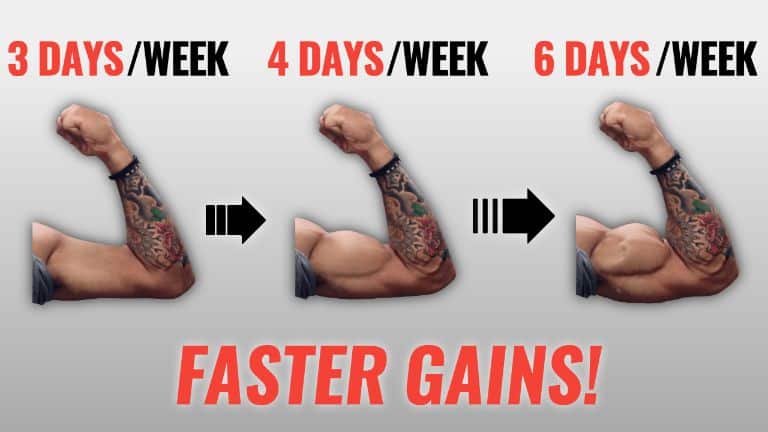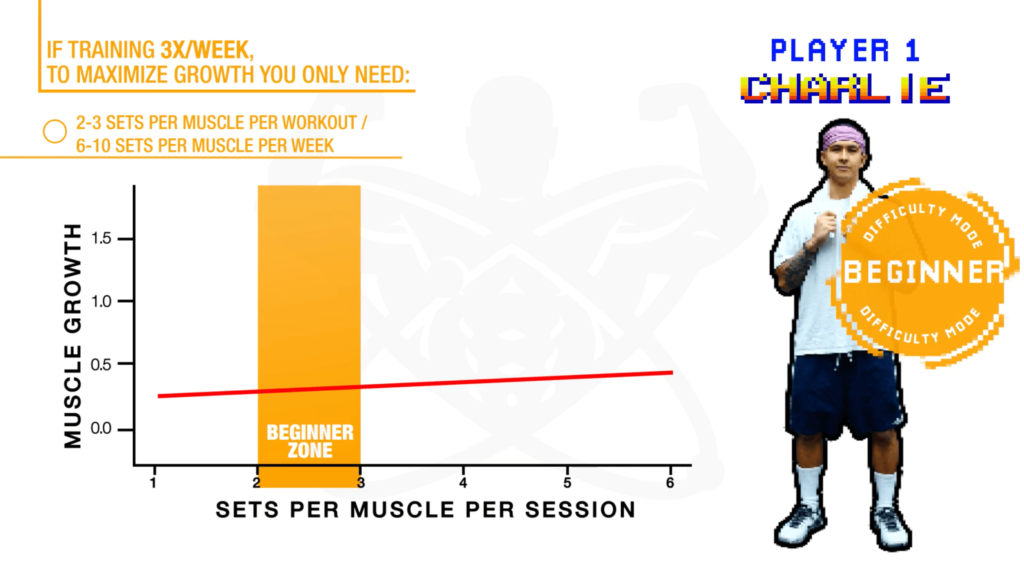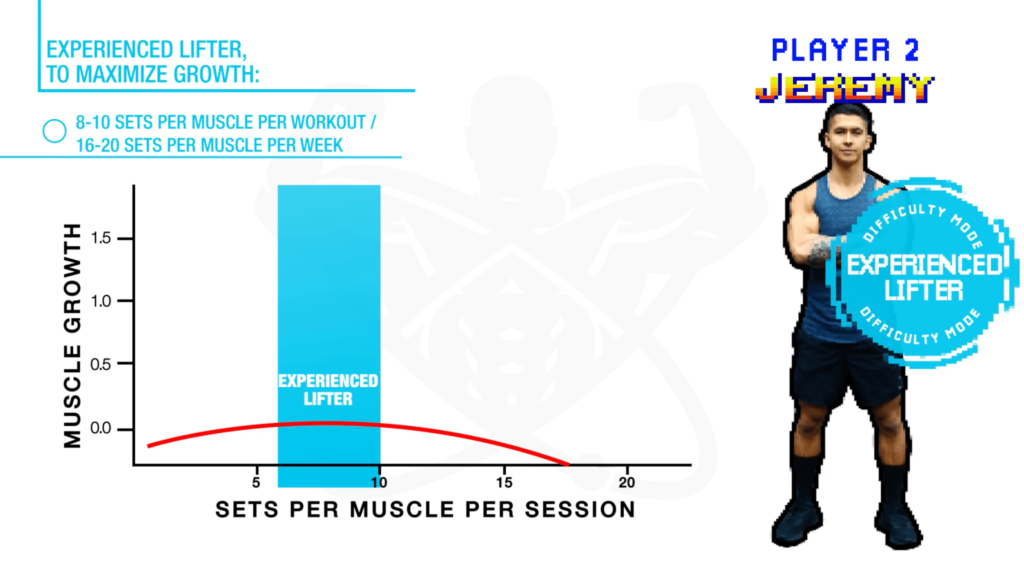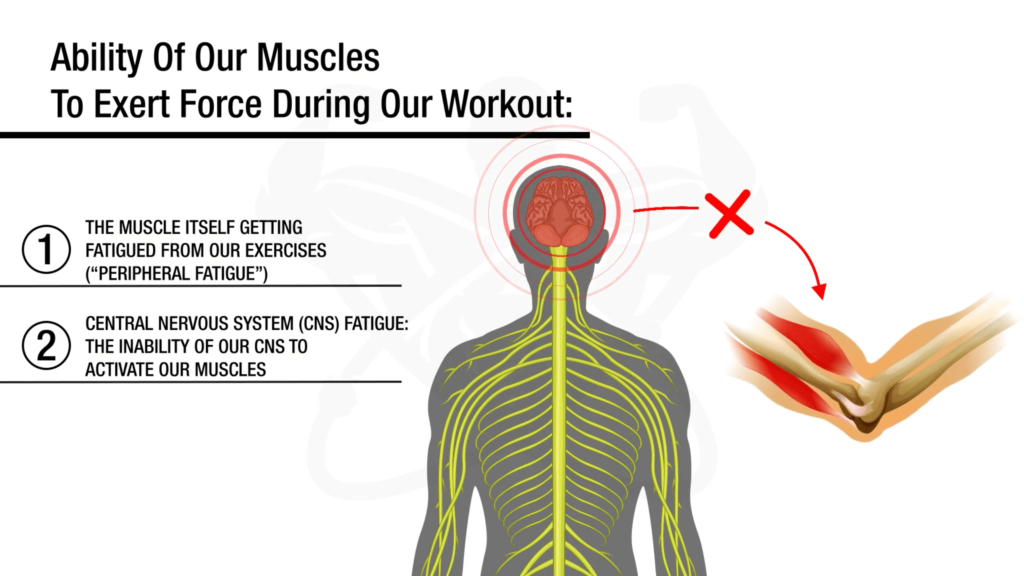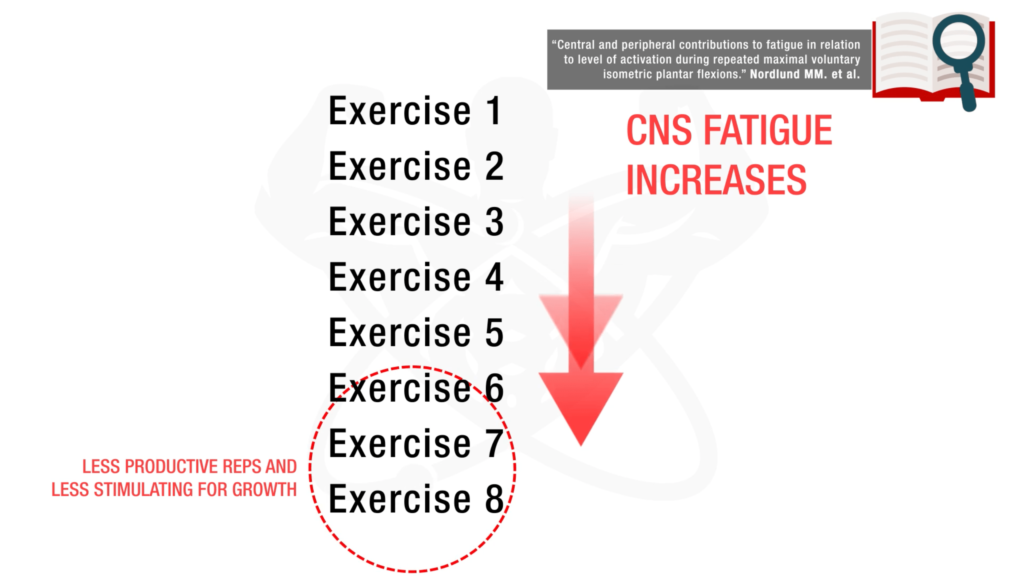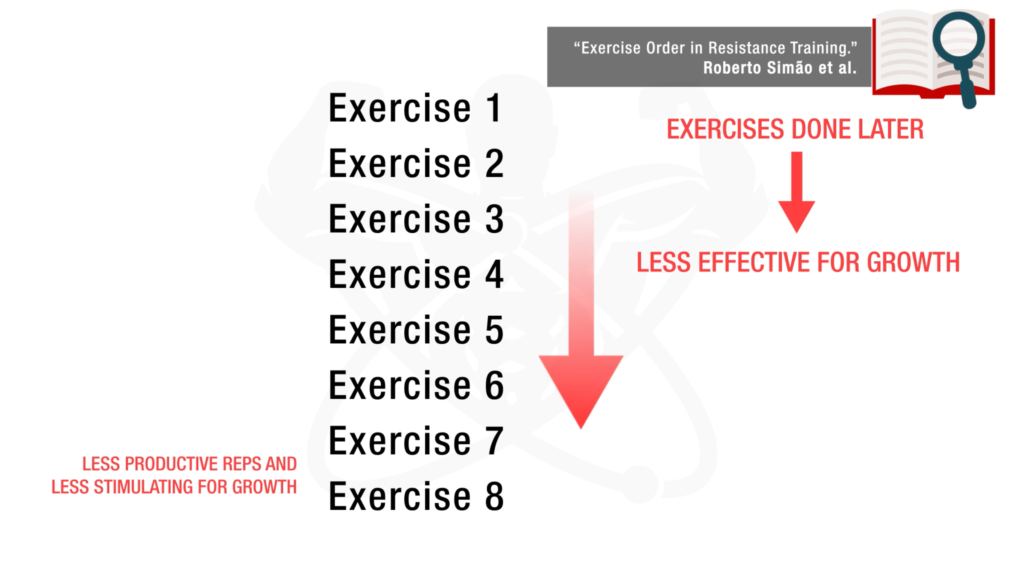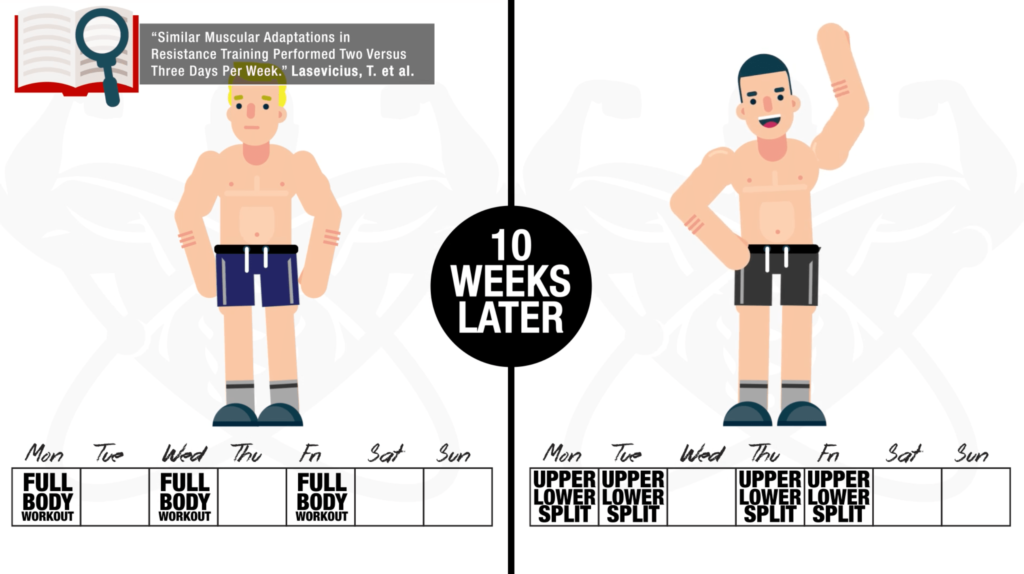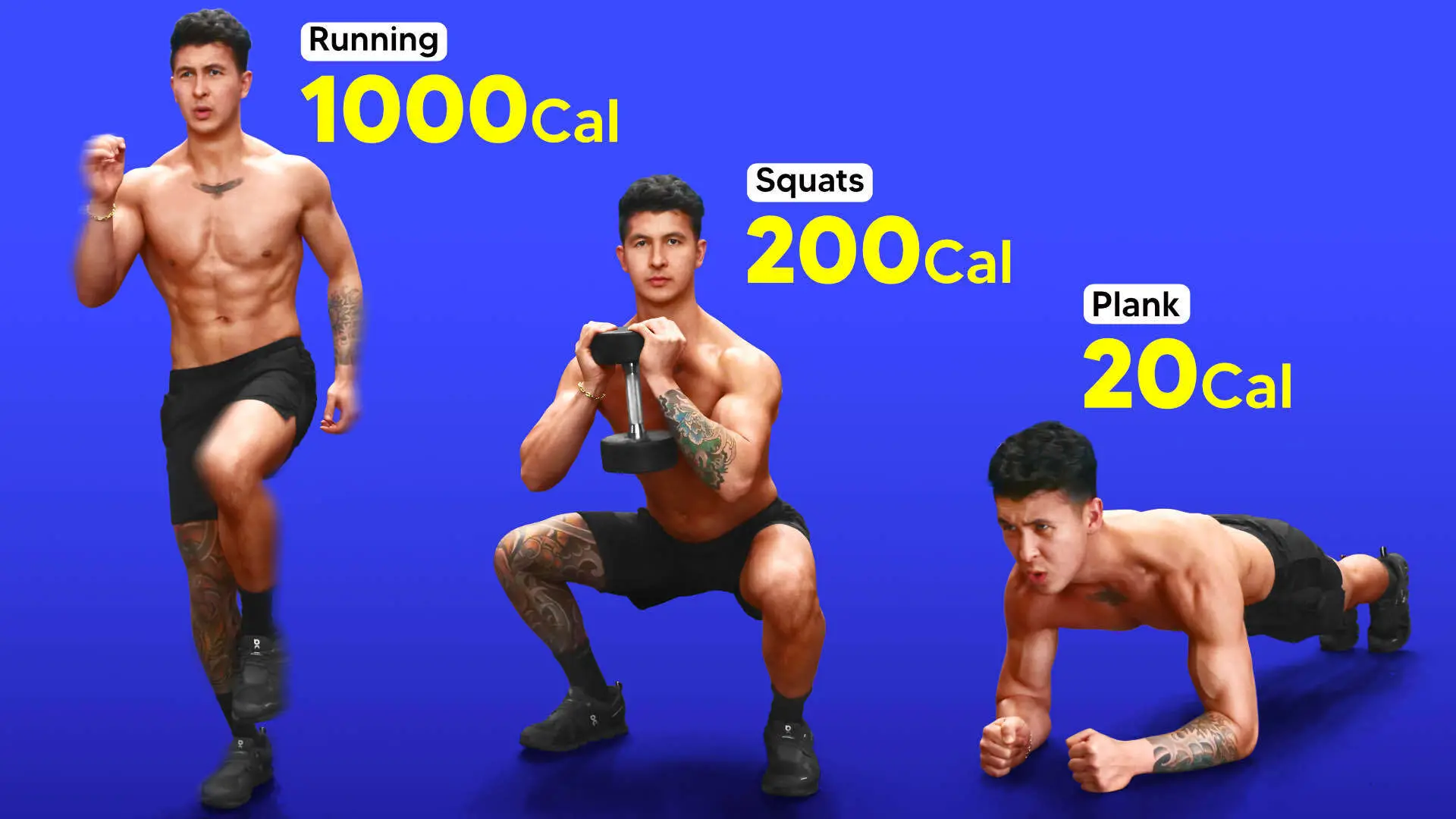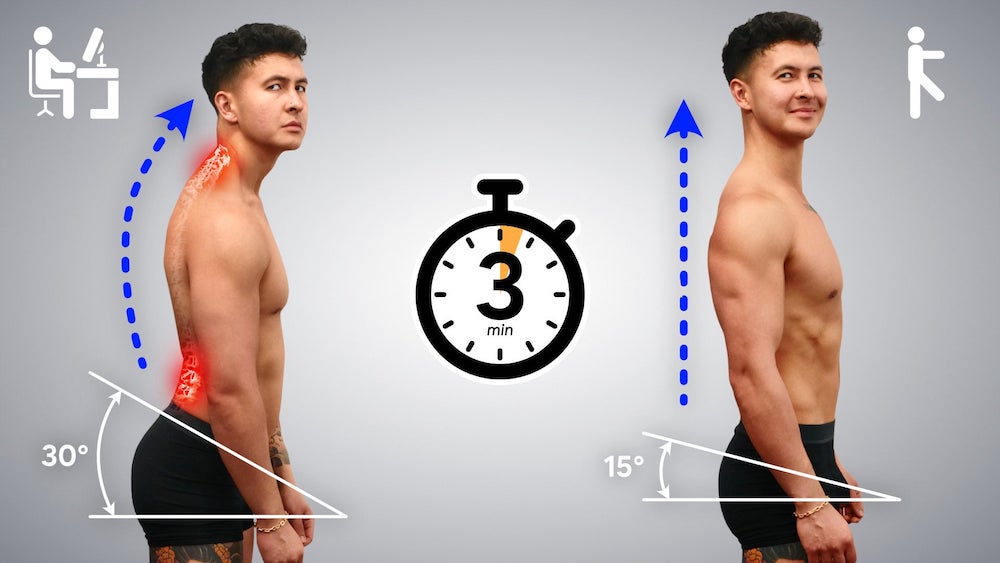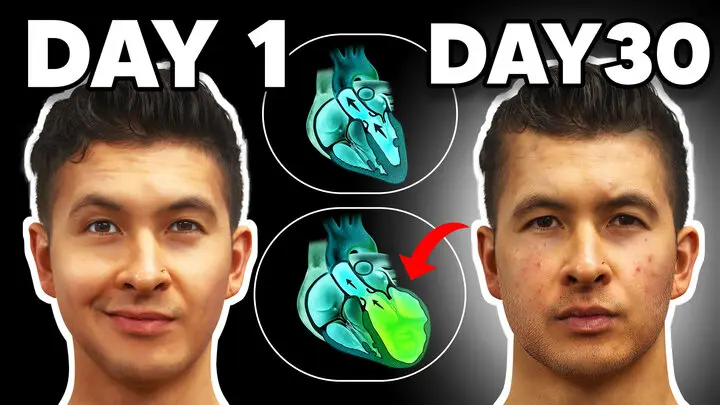How Many Days A Week Should You Work Out?
How many days a week should you work out for optimal muscle gain? Always wondered, "How often should I go to the gym?" or "How many days a week should I lift weights?" Find out the truth in this article where I unveil the real science behind how often you should go to the gym.
One contemplation most people have in the gym is "should they go to the gym more often"?
The theory being that the more time and effort they spend training their muscles, the faster they'll grow.
For example, switching from a 3 day per week training routine to a 6 day per week training routine MUST mean faster gains...
Right?
Well, let's find out.
But, of course, when it comes to muscle growth, it's not all about training frequency. You also need to select the right exercises AND eat right. That's why I've designed every BWS program to be an all-in-one, science-based process that’ll get you to your dream physique FAST. And best of all? It's all rooted in science. For more information:
Click the button below to take my analysis quiz to discover the best program for you:
↓
More Lifting Sessions Doesn't Always Equate To More Gains
Does working out more frequently lead to more gains? Well, research indicates that it’s actually a yes and no kind of answer. But, why? Well, because of findings based on several studies and a meta-analysis on training frequency.
These findings indicate that the rate of muscle growth, regardless of how many days you choose to work out, will be similar if you can check off each of the following 3 requirements:
- You’re training each muscle group at least 2 times a week. So for example, if you work out only 2 or 3 times per week, then you’re doing full-body workouts. On the other hand, if you work out more often than this, then you’re doing some form of muscle grouping split. Basically anything but a bro-split.
- You’re doing enough volume within your workouts. And enough volume throughout the week.
- You’re performing each of your sets with enough effort and intensity to fully stimulate your muscle fibres.
And in fact, studies that have actually specifically tested training 3 days per week versus 6 days a week of training have found this to be true when the above three requirements are in place.
So accordingly, making that switch from 3 to 6 days per week wouldn’t speed up gains provided that you satisfy those three requirements...
Right?
Well, not necessarily.
Why?
Well, the complication here lies within requirements 2 and 3.
How Many Days Should You Work Out Depends On Your Lifting Experience
We know our workout volume requirements slowly begin to increase as we gain more experience. This means that over time, we have to do more sets per workout and throughout the week to continue growing our muscles at the optimal rate.
So - how many days a week should you work out if you're a beginner like Charlie below for example? Or an intermediate to advanced lifter like Jeremy?
Well, researcher James Krieger did an in-depth analysis of this. He found that for beginners, you don’t want to utilize higher volumes right away. So if you’re training 3 times a week, for example, you only need around 2-3 sets per muscle per workout. Or around 6-10 sets per muscle per week for maximal growth.
But as a beginner progresses into a more trained state throughout the years, Krieger’s analysis suggests that those few sets no longer provide enough stimulus. And that to maximize growth, an increase of:
- 8-10 sets per muscle per workout, or
- Around 16-20 sets per muscle per week are now needed.
And this is what creates the complication.
Experienced Lifters May Not Benefit From Adding Extra Sets Per Session
The question: "How many days should I work out a week" is easy to answer when you're a beginner. As a beginner, achieving 2-3 sets per muscle group per workout or 8-10 sets per muscle per week can easily be done with just 3 full-body workouts per week.
But then, as a more experienced lifter, fitting 8-10 sets per muscle per workout or 16-20 sets per muscle per week into just 3 full-body workouts becomes a challenge. Your workouts will become a lot longer, not to mention often unenjoyable. And it may even compromise growth!
Muscles' Force Production Is Adversely Affected By Fatigue
Because during a workout, the ability of our muscles to exert force can be negatively affected by two things:
- The muscle itself getting fatigued from our exercises. This is also known as peripheral fatigue
- The central nervous system, or CNS fatigue, which is the inability of our central nervous system to activate our muscle in the first place so that it produces force.
Both of these types of fatigue contribute to us reaching failure during our sets. But CNS fatigue is more problematic...
That's because it actually reduces our ability to fully activate our muscles during a set.
In fact, when there’s a lot of CNS fatigue, we can actually reach failure in a set of an exercise before we achieve full motor unit recruitment of that muscle. And as you can imagine, this muscle recruitment failure is obviously detrimental to muscle growth.
And since we know that CNS fatigue increases over the course of a workout, this means that later sets and exercises in a workout will contain fewer stimulating and productive reps than earlier sets.
Which helps explain the exercise order research out there indicating that exercises done early on in a session are more effective for growth. And that adding extra sets to a workout will have progressively smaller and smaller incremental benefits.
Really enjoy digging into the research? Then you'll absolutely love working with my team of highly-qualified trainers and nutritionists (plus myself!); in the process of guiding you through the process of achieving your dream physique in the time-efficient way possible, we'll also make sure you understand the science behind it all. Find out more here:
Click the button below to find out more about the 3-on-1 coaching program:
↓
Advanced Lifters Need To Distribute Volume Over A Week
Suggesting, that as a more advanced lifter, trying to shove in all your volume into 3 full-body workouts per week is likely not the best option. Especially if you’re seeking to maximize growth.
That's because, as mentioned above, many of the exercises you do towards the end of your workouts won’t be as effective. Also, you may not even fully recruit your muscles fibres during those later sets.
Meaning that as you gain more experience and your volume requirements increase, it would instead be a good idea to distribute that volume throughout the week by adding in additional training days.
And recent research is in support of this. For instance, a 2019 paper analyzed muscle growth in advanced lifters who either:
- Performed all of their volume with either an upper/lower split 4 times per week
- Or a full-body session just 3 days per week.
And after 10 weeks, the researchers found that the upper/lower split provided slightly greater growth at all measurement sites. While the study did not reach significance, it is highly likely that the observed results would have reached significance had the study been carried out for longer.
How Many Days Should You Work Out: Takeaway
Bear in mind that further research is definitely needed to clarify this and fully answer this question.
But when it comes to the question how many days a week should you work out, I think we can quite confidently provide the general recommendation that:
- As a beginner - You don't need as much volume to maximize growth. You can effectively do accomplish all your weekly training volume with just 3 training days per week. Provided that those are full-body workouts.
- When you become a more experienced lifter - As you gain more experience and your workout volume requirements increase, it may then be best to add more training days into your routine. This can be done with an upper/lower split 4 days a week, or push pull legs split 6 days a week, etc. This will help you spread out that increased volume most effectively and avoid running into the problems we discussed earlier.
Now, a question you might be asking is how you'd know if you can be considered a beginner to lifting or not. And as covered in my previous article on 'How to bulk up fast,' here's how you can classify yourself:
- You're a beginner if you're able to progress most training loads in the gym on a weekly basis.
- You're intermediate or advanced when your progress is only evident over multiple months or years.
Workout Volume And Consistency Is Still Most Important
Now keep in mind that I’ve gone through what’s optimal to maximize growth. So if you can’t commit to higher frequencies as you gain more experience, then it doesn’t mean that you’re not going to build muscle.
Because you will. Also, the difference we’re talking about is minimal. At the end of the day, workout volume and consistency is what’s most important. Let's say your schedule only allows you to train 3 days per week. But you can hold that up week after week without fail and get enough volume in. Then do that. You shouldn't fixate on the answer to how many days a week should you work out.
Ultimately, that’s going to be a lot more effective than trying to go 6 days per week but being inconsistent with it. And for a step-by-step program designed to accommodate your schedule and show you exactly how to build muscle most effectively through the use of science, then:
Click the button below to take my analysis quiz to discover the best program for you:
↓
I hope you enjoyed this article and have gotten a clear answer to how many days a week should you work out. Now, you won't be at a loss for words when someone asks you, "How many days a week should I work out?" Don’t forget to give me a follow and connect with me on Instagram, Facebook, and Youtube as well, in order to stay up to date with my content.


